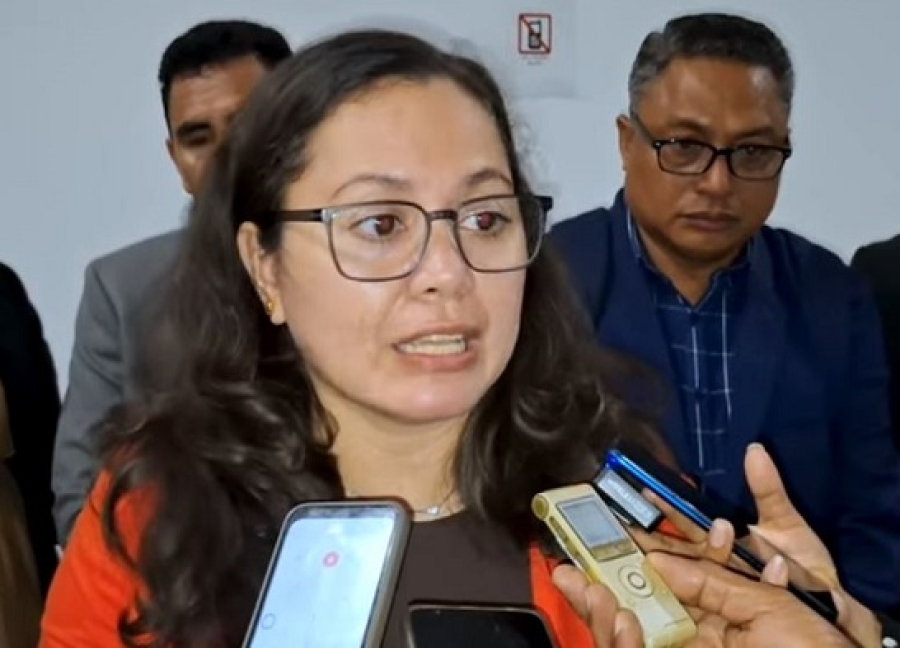In a presentation in parliament on Thursday, Sara Lobo said the government would finalise payment through the Central Bank of Timor-Leste via a contract with state-owned energy group Timor GAP.
The following day the Council of Ministers approved Lobo’s resolution and set up the rules and criteria for Petroleum Fund investments.
The agreed new policy allows 5 per cent of the Petroleum Fund (around $800 million) to be invested in Timor GAP, while reducing the percentage of the Petroleum Fund invested in stocks from 40per cent to 35 per cent.
Under the policy, Timor GAP must use the investment to “exploit known oil and gas fields which are commercially competitive and will contribute to development and diversification of the national economy”, according to a statement by La’o Hamutuk.
Timor GAP is expected to pay 4.5% interest on the investment and comply with strict reporting requirements.
The policy comes amid ongoing public and political concern about the economic viability of the sunrise takeover, and recent change to petroleum fund decree that enable access to petroleum funds to pay for it.
Changes to the decree, promulgated on January 17, remove a 20 percent cap on state participation in oil projects, and allow Sunrise and other projects to bypass approvals by parliament in future.
Fretilin opposition party members have maintained the payment plan is illegal, saying it could lead to misuse of petroleum funds.
On 30 January the party, with 23 members of Parliament’s signature, asked the Court of Appeals to review the constitutionality and legality of the Law.
Within their 180-paragraph petition several concerns were raised including the new law’s 'blank check' from the Petroleum Fund to the Government.
They believe it would “endanger the income, sustainability and security of the Petroleum Fund, by applying it to non-liquid investments of uncertain return, violating the safeguards in the Petroleum Fund Law,” according to a transcript.
“Until the court decides on the amendments to the Petroleum Activities Law, the laws are technically in force,” La’o Hamutuk said.
Fretilin leader Marti Alkatiri has maintained that his party is not against developing Greater Sunrise but wants to do it sustainably.
On 15 February Prime Minister Taur Matan Ruak’s office said the process of buying Sunrise shares would proceed “until the court says stop.”
In November the Timor-Leste government signed take-over deals with US energy giant Conoco Philipps and Royal Dutch Shell to buy their respective 30percent and 35 per cent shares in the Greater Sunrise gas consortium.
The purchases of the ConocoPhillips and Shell holdings in Sunrise project will allow Timor-Leste to push for development of the field.
The site, which was discovered in 1974, sits on the maritime border between Timor-Leste and Australia and disputes between the two neighbouring countries over a maritime border has delayed development.
Purchases of the holdings will give Timor-Leste a majority stake in the project, along with remaining partners including Australia’s Woodside Petroleum and Japan’s Osaka Gas.







